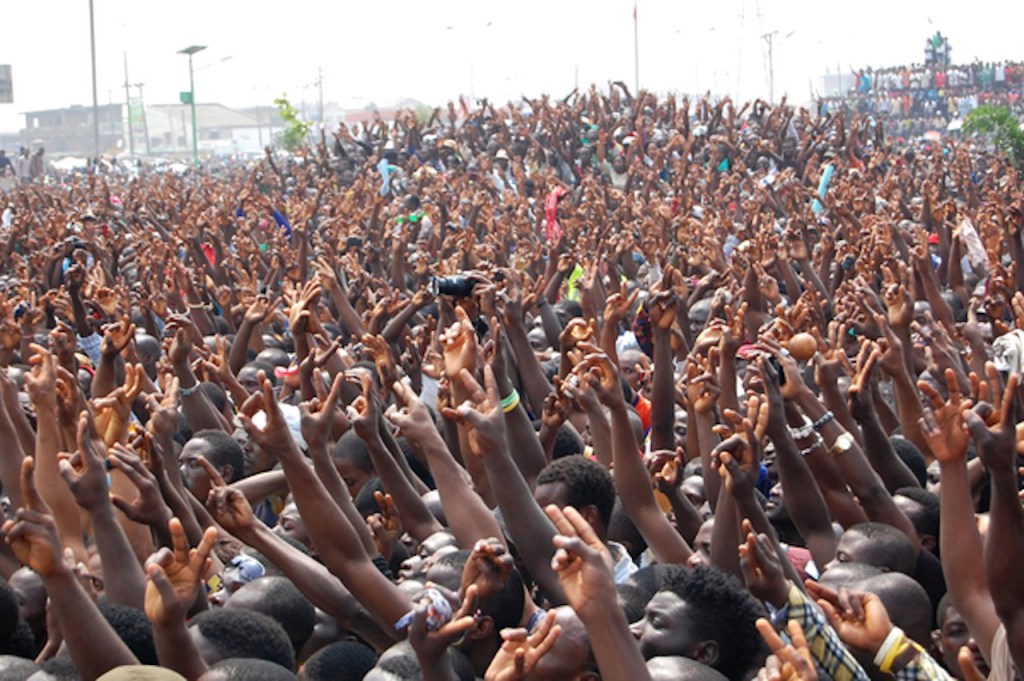
Even in sophisticated discussions, it is not unusual to hear the late Chief Obafemi Awolowo being described as a statesman rather than a politician. In the context of such discussions, the statesman is that individual who is genuinely concerned about the present and future of society while the politician could be that individual who employs manipulative and devious tactics in the pursuit of selfish goals. Winning an election becomes an end, rather than a means to a purposeful end, for the manipulative politician.
Awolowo was once welcomed into the city of Owerri in the South-Eastern region by supporters who trooped out in large numbers, drumming and dancing. Most politicians would easily have joined the crowd in dancing, not Awolowo! He would appear to have seen the whole atmosphere as disturbing him from delivering the important message he had brought to them. In the video recording of the campaign trip to this important city, one could hear an uncomfortable Awolowo asking drummers to calm down and listen to what he had to say.
In the First Republic when all the political parties were regional, southern politicians eyeing the prime ministerial position had to campaign vigorously in the North to have a realistic chance. The major party in that region, the Northern Peoples Congress, was in an advantageous position because the North was allocated 50 per cent of electoral seats. Chief Obafemi Awolowo campaigned vigorously in the region, albeit unsuccessfully, confronting those who cared to listen to him with the realities of the educational and social imbalance between their region and the South. His opponents would only manipulate his messages of change, portraying him as being disrespectful to northerners and their values. Awolowo never realised his overall political objective of transforming the Nigerian nation, not least because he was deliberately misunderstood and misrepresented by his rivals and detractors.
The honesty which Awolowo had shown in his appraisal of the North was what guided his transformation of the Western region to a comparatively advanced entity. His party’s policy of free education ensured no one was left behind because of the poverty of one’s parents Most people realised they could not all be absorbed in the civil service and other sophisticated employments, quite a number were happy to be able to cater for themselves and their families in the agricultural sector. There were quite a number of farm institutes and farm settlements established under the leadership of Awolowo such that unemployment and availability of food were not serious issues.
The emphasis on Awolowo in this essay is to suggest to our contemporary leaders that well-thought-out policies are what we require to bail out the youths of our society from the laziness that could easily be their tag. The spectre of young men and women roaming the streets, begging for food and money, sadly, portrays a picture of laziness on the part of our youths. If one must be brutally honest, this ugly spectre is more visible in the North where President Muhammadu Buhari hails from and might have influenced his description of some of our youths as lazy individuals who often look for freebies. Our politicians, rather than confront the issues of poverty, would rather take the opportunistic approach that portrays them as philanthropists.
Why sponsor mass marriages when you could have built factories so that young men and women can be engaged in employments and marry themselves in dignity? North and South, one reads about politicians and their so-called empowerment of the youths. All they ever do is give these impressionable youths inferior mobile phones and recharge cards and their poverty remains with them. Meanwhile, the politicians cart away millions of naira as monthly allowances for their privileged deceits. There is hardly any state of the federation where you can point to what has been done by elected politicians to create jobs for the thousands of young men and women that leave our universities annually with certificates of assorted qualities.
Not unexpectedly, the gaffe by Buhari, talking of the laziness of our youths in a global forum, has become the subject of opportunistic discussions and recriminations by rival politicians. Of course, youths could be lazy; most did not like going to the farm when we were young but we had to go because our parents had farms. There is universality in laziness because in some of the rich nations of the world, there are youths who do not want to work because of the benefit system. Our young men and women who have things to do will hardly be bothered that one politician had said youths were lazy. Those youths who reject being regarded as lazy are the ones who must confront those who had not provided them with something to do. Those to be confronted include politicians at local, state, and federal levels of political governance.
Dr Anthony Akinola, Oxford, United Kingdom
END

Be the first to comment